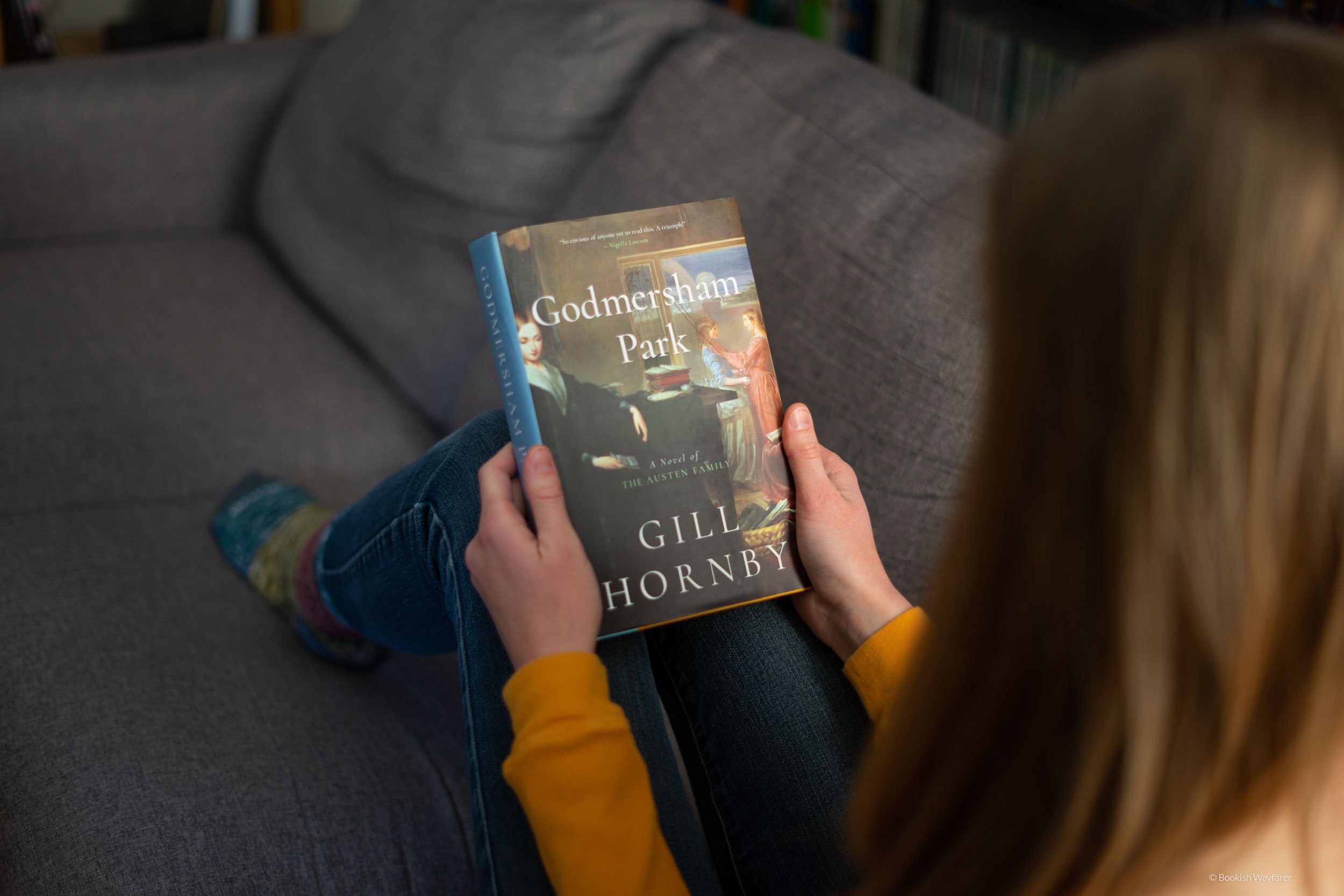Review: The Paris Key by Juliet Blackwell
“Her uncle Dave always used to say, ‘Remember the locksmiths’ code, Genevieve. Never reveal the secrets you find behind locked doors, and never — ever! — abuse the power to open a lock.’”
Some links in this post are affiliate links, meaning I will earn a commission (at no extra cost to you) if you click through and make a purchase. For more info, please see my disclaimer.
The Basics
Title: The Paris Key
Author: Juliet Blackwell
Published: 2015
Publisher: New American Library - Penguin Random House
Pages: 358
Format: Paperback
Genres: Fiction — Historical fiction, Contemporary fiction, Romance, Historical romance
Book Synopsis
Following the dissolution of her marriage, Genevieve Martin decides to leave her life in California behind and move to Paris. Since spending a summer there as a child, it has been her happy place. It was in Paris that she first became acquainted with locksmithing, studying the craft at her uncle’s side, and since then, it has become something of an obsession. She loves nothing more than picking open a lock and feeling that sense of accomplishment that accompanies it. So, when her cousin contacts her about taking over her late uncle’s locksmith shop, she jumps at the opportunity. Once in Paris, Genevieve embarks on a journey of self-discovery, and in the process, she unearths a family secret that threatens to shatter her core beliefs.
My Review & Overall Thoughts
Paris Key was a cover buy, so I was taking a bit of a risk. My gamble, however, paid off, as I ended up really enjoying this book.
Going into this book, I thought that its focus would be entirely on Genevieve, but that was not the case. While hers is the primary story, there is an equally (or perhaps even more) engrossing secondary storyline: her mother’s time in Paris as a young woman. Specifically, this subplot chronicles her mother’s extended stay with her brother (Genevieve’s uncle) after her marriage and the birth of her first child (Genevieve’s brother). Genevieve’s mother, Angela, comes to Paris to have a break from her life in California, a life which she has come to find monotonous and suffocating. While sightseeing around Paris, she meets a handsome artist name Xabi, and from that moment forward, her life is never the same. We see Angela struggle as she tries to reconcile her feelings toward Xabi with the fact that she has a husband and son back in California. And once Genevieve learns about her mother’s time in Paris, she too struggles, as she is forced to amend the idealized image of her mother that she has had since childhood. It is this last point that I found particularly powerful. As children (and even adults, if we’re being honest), we have a tendency to place our parents on a pedestal. We hold them to impossibly high standards and yet are disappointed when they reveal themselves to be every bit as human and prone to mistakes as us. Paris Key illustrates this conundrum perfectly.
The alternating storylines also add a sense of intrigue and mystery. Just when things start to get going in Angela’s story, the chapter will end, and there will be several chapters told from Genevieve’s point of view before returning to Angela’s story. You are left wondering how things will play out in Angela’s storyline until practically the end of the book.
While the majority of chapters are told from the point of view of Genevieve or Angela, a couple are from the perspective of Genevieve’s elderly aunt, Pasquale, who has Alzheimer’s. These chapters are particularly well crafted, as they portray the disease in a manner that is both accurate and respectful. Reading through the Pasquale chapters, I couldn’t help but draw similarities between her and my grandad, who passed away from Alzheimer’s several years ago. Much like Pasquale, he lost his sense of space and time, often confusing the past and present in his mind.
Making characters feel real is something that Juliet Blackwell does well in Paris Key. From Sylviane to Philippe, Genevieve’s group of Parisian friends all feel like precisely the type of people you would encounter in Paris - prickly exteriors that conceal caring and generous interiors. Sylviane, a stylish and straightforward bread baker, is my favorite secondary character. She is always dressed to impress and injects some humor into the book.
In addition to its cast of characters, another memorable aspect of this book is the central role of locksmithing. I can’t think of another book where the protagonist is a locksmith. It’s an old but often overlooked profession, and I, for one, found it fascinating to learn a little bit more about the craft.
The not so good
I would have liked more Angela and Pasquale chapters, as I wound up liking those more than the ones that dealt with Genevieve. That’s not to say that the Genevieve chapters were bad though; I simply enjoyed the Angela and Pasquale chapters a little bit more.
Overall
Paris Key was a quick, enjoyable read. It had just enough sense of the unknown to keep me turning the page, and it was easy enough for me to comprehend during my early morning commute to work. What more could I ask for?
Have you read Paris Key? What did you think? Share your thoughts with me below in the comments!
-Julia
P.S. If you enjoyed this post, please consider supporting me on Buy Me a Coffee.





